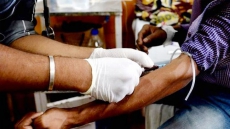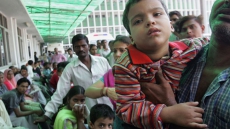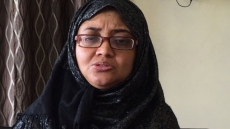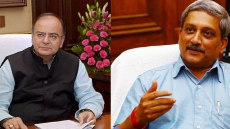Fortis Healthcare Executive Vice-Chairman Shivinder Mohan Singh is stepping down from his position to join a philosophical and spiritual organisation Radha Soami Satsang Beas headquartered near Amritsar.
Singh (40), who is the co-founder of the healthcare chain will become the Non-Executive Vice-Chairman with effect from January 1, 2016, the company said in a statement.
Commenting on his decision to step down from active role in the firm, Singh said: "Having spent almost two decades setting up and running Fortis, our mission of saving and enriching lives is an integral part of my being. Over time this has inspired me to do more direct service and give back to society a little of what I have received in abundance."
Singh said he had requested for 'Sewa' at Radha Soami Beas, headquartered near Amritsar.
"I am fortunate to have been accepted. I will move to Dera, Beas post transitioning my executive responsibilities at Fortis," he said.

Supporting his younger brother's decision, Fortis Executive Chairman Malvinder Singh said: "It is not always that one gets to commit oneself in the service of the society and I am delighted that Shivinder is taking this step at this phase of his life."
Shivinder's contribution to the creation and evolution of Fortis as the leading healthcare delivery organisation of India has been tremendous, Malvinder added.
Singh founded Fortis Healthcare with his elder brother Malvinder Mohan Singh in late 1990s. The brothers sold their stake in Ranbaxy to Japanese drug major Daiichi Sankyo in 2008.
Singh is also one of the principal promoters of Religare Enterprises Ltd, Super Religare Laboratories Ltd and Religare Technologies Ltd.
He did MBA with specialisation in health sector management from the Duke University Business School, USA. He is an alumnus of Doon School and did Honours in Mathematics from St Stephens College.

The Fortis Healthcare chain comprise hospitals, diagnostics and day care speciality facilities. Currently, the company operates its healthcare delivery services in India, Dubai, Mauritius and Sri Lanka with 54 healthcare facilities (including projects under development), approximately 10,000 potential beds and 260 diagnostic centres.




